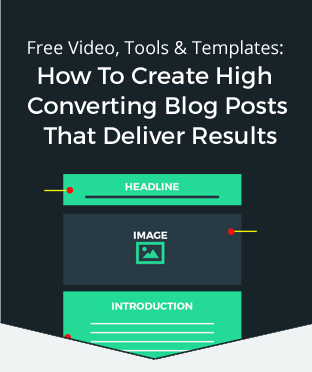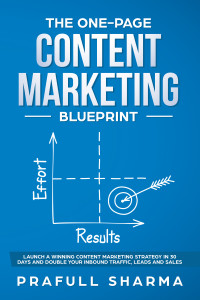Why Your B2B Company Needs Marketing Automation
In a recent survey conducted by Adestra, it was found that a whopping 26% of marketers reported not having ever heard of marketing automation, and just 49% were only partly familiar with this type of marketing technology. In a world of advertising, branding, and sales, marketing automation has been designed to automate marketing for B2B companies, allowing your business to perform marketing tasks more efficiently and spend less time on repetitive tasks during the process. More than just another mailing list, and yet not the answer to every marketing question, marketing automation can act as a time-saving asset and not simply another sales tool.
Simply put, marketing automation is a combination of marketing and software to automate repetitive tasks related to marketing activities and connect different parts of the marketing funnel. Effective market automation combines context with quality customer relationships in order to personalize and nurture customer relationships. Marketing automation can improve emails, convert prospects to customers, and strengthen the bond between sales and marketing.
There are pros and cons of marketing automation that must be weighed when implementing this technology. No automated system is a substitute for personal contact, generating leads, or attractive TOFU.
So is marketing automation worth it? Here are some numbers to think about:
- 10%: increase in sales-pipeline contribution belonging to B2B marketers implementing marketing automation
- 25%: Fortune 500 B2B Companies who adopted marketing automation (2013)
- 63%: companies growing faster than their competitors using marketing automation
There are many benefits to marketing automation, including an increase in leads, performance enhancement, simpler content management, and less time spent on repetitive tasks. More than just an email list, marketing automation can prove successful in converting clicks to leads and social media platforms to revenue drivers.
If B2B companies are sufficiently prepared with the amount of time needed to prepare and the goals necessary to implement a marketing automation solution, the results are likely to be an increase in number and success stories. An understanding of technology is key; since 40% of marketing automation users have not had much experience in marketing, it is no wonder organizations are not always feeling the value that is possible by utilizing this technology. This specific marketing approach requires an understanding lead nurturing (building relationships to earn business), lead management (generating new business from response), and inbound marketing (understanding needs). Content must be useful and personal, specific to the need and carefully crafted in order to draw people in and keep their attention.
Marketing automation will not do your job for you, but it can eliminate menial work. People are still priority, and even the best automated emails will not attract leads if there is no personal contact or relationships built. Follow-up is key, as is timing, understanding of needs, and prioritizing of leads. Marketing automation could work for your B2B organization, if implemented efficiently and with a solid plan. With some goal-setting, committed time, and employee education, this could be the year that you make marketing automation work for your B2B company.
Share This Story
Get the latest growth ideas, strategies, and best practices delivered to your inbox.
Quick read that helps 7000+ subscribers.








